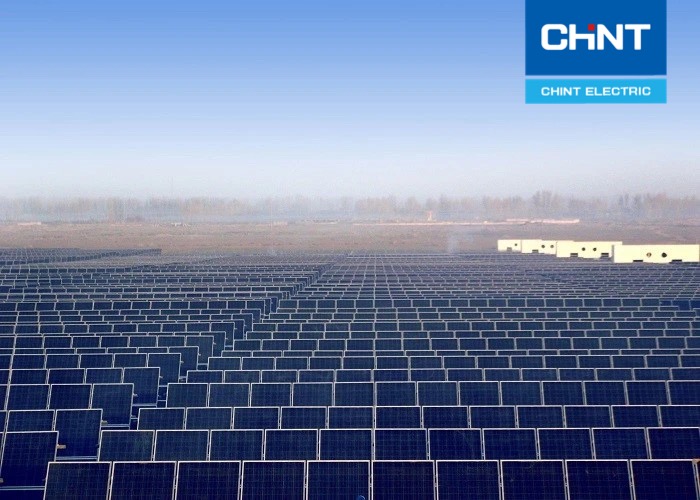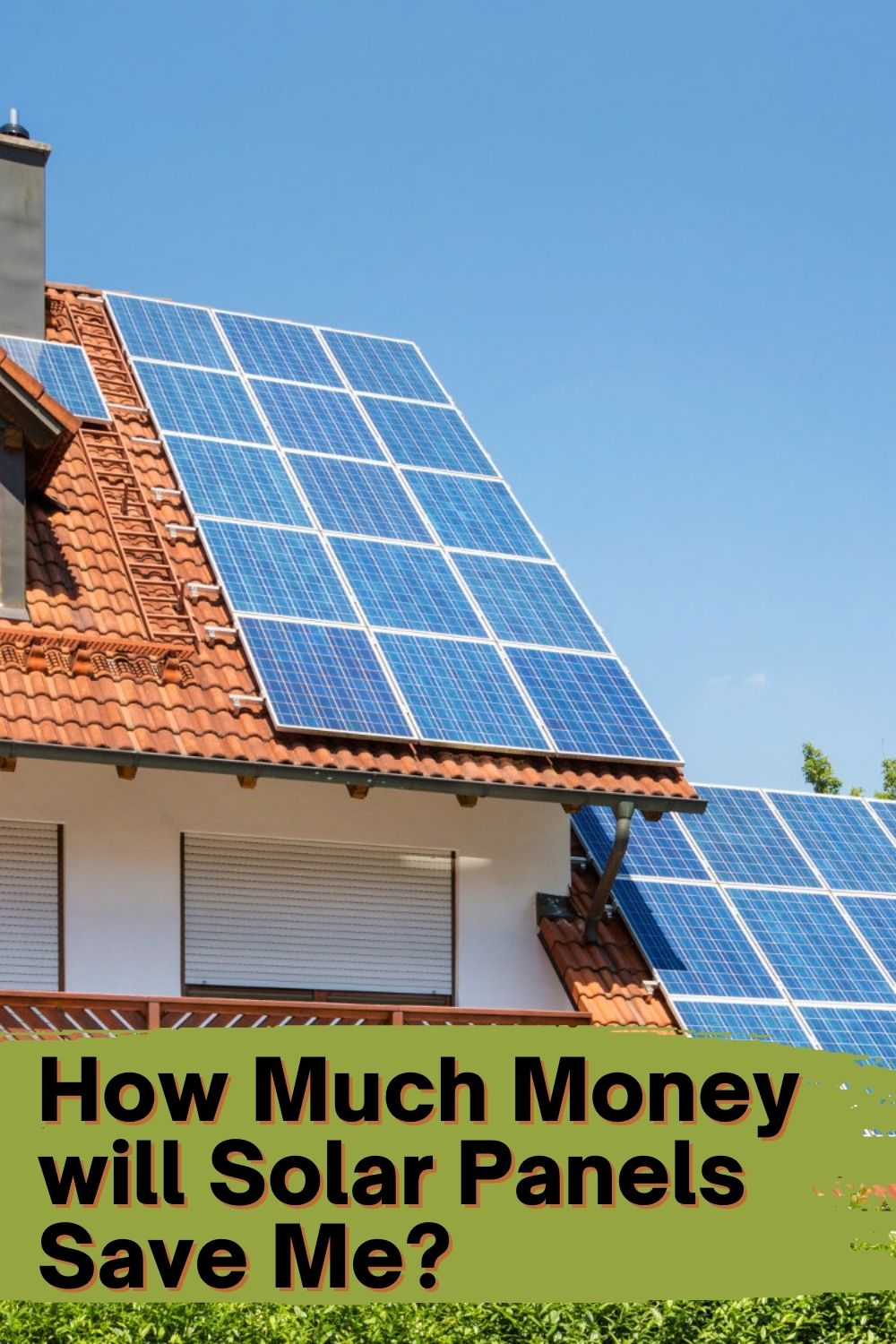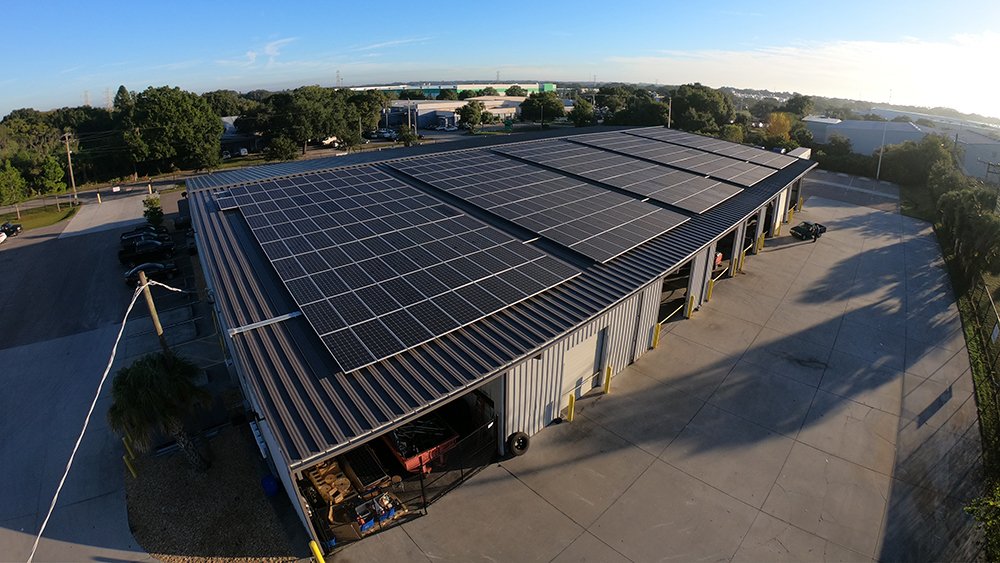
There are several important factors to consider in order to maximize your solar panel investment. Here are some of them: Tax incentives, Payback period, and Net metering. It is crucial to find the best solar company. Ask your friends and family for recommendations or look online for reviews. Compare apples to apples. The more information you have about solar panels, your decision-making ability will be stronger.
Tax incentives
There are many federal and state tax incentives available for solar panel investments. Tax credits can often be up to 30% in some cases. You may also be eligible to net-metering or other incentives specific to your state. In addition to solar tax credits, you can also combine them with other incentives.
The Investment Tax Credit (ITC) is a federal tax credit that can be used to help offset the cost of solar panels. The credit is applied on the price of solar panels installed during the tax year. This credit is based on a percentage of the cost of the system and can be as high as 30% of that amount.

Net metering
A great way to save money is to invest in solar panels. You may also be eligible for net metering by your utility company. You can also sell excess energy back into the utility company to cover the cost for any electricity you produce. If you produce more energy than you use, you may be eligible for energy credits from your utility. These credits can add up over time to hundreds of thousands of dollars.
Net metering works in two ways: it reduces the strain on the electric grid and offsets electricity costs for non-solar customers. It reduces the energy lost by sending voltage distances to the nearest power plant. Some may argue that net metering for solar customers is unfair, but numerous cost-benefit research have shown it to be a valuable tool for maximizing your solar panel investments.
Investing in solar panels
Investing in solar panels is an excellent way to save money on electricity. It is becoming increasingly expensive to power your home with electricity. However, solar energy can be a cost-effective solution. It will also increase the value of your property, as buyers will prefer homes that have lower electricity bills. It is also becoming more popular as more companies get into solar energy.
There are risks when investing in solar panels. Although the solar industry offers huge potential for growth, it is possible that many companies within the sector trade at extremely high valuations. This can make it difficult and costly for investors to realize substantial returns. You can always expect underperformance when you invest high prices.

Payback period
It is important to consider the payback period for solar panels before making a decision about solar energy. The cost of electricity as well as how much energy you use will affect the payback time. The payback period can be calculated by dividing the project costs and the annual production. More information is required to obtain a more exact figure. An experienced solar contractor can help you calculate the payback period for your solar energy investment.
There are many factors that affect the payback period of solar panels investments. Most typically, it is between six and ten year. Depending on the conditions of your house, the payback time can be shorter/longer. Your home may have a shorter payback period if it is especially sunny. If your payback period is shorter than for your home, you may qualify for a federal income tax credit.